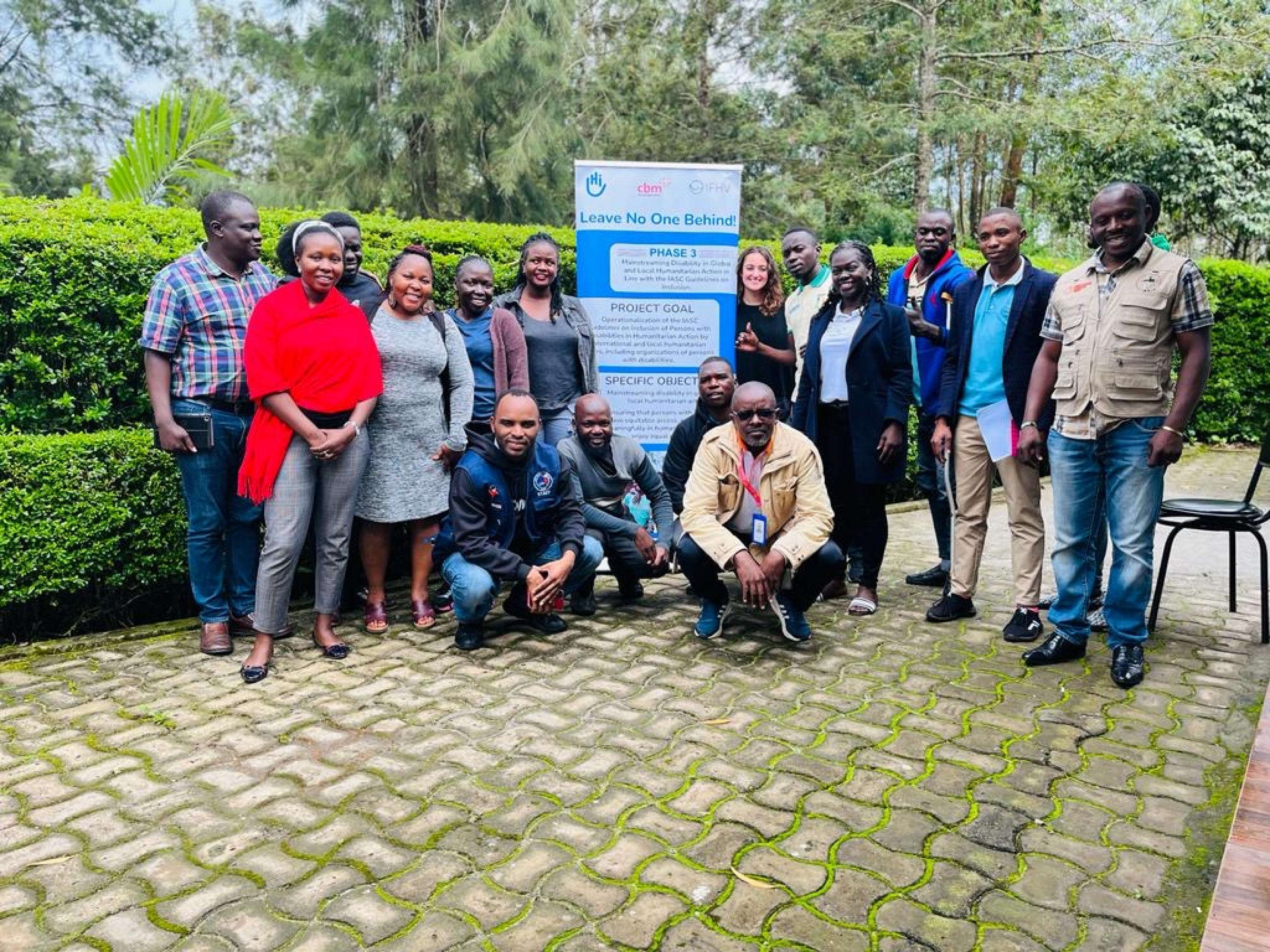Uganda is the largest refugee-hosting country in Africa, hosting approximately 1.8 million refugees most of whom have been displaced for over five years. Cumulatively, 94,707 refugees and asylum seekers have been registered in Uganda since January 2025, including 87,768 who have arrived this year. Most of the refugees come from neighboring South Sudan and the Democratic Republic of the Congo (DRC).
Uganga stands out globally for its progressive refugee open-door policy, offering access to land, services, and the right to work. Yet, behind this generosity lies a complex reality. Growing needs in the areas of Protection, health, WASH, and Food security, reduced funding, and stretched humanitarian systems have created deeper inequalities—particularly for persons with disabilities. They are often invisible in the planning and delivery of humanitarian aid, and continue to struggle with accessing basic services due to barriers in humanitarian coordination about their rights and needs.
Our Approach to Disability Inclusion in Humanitarian Response
- Persons with disabilities are often excluded not because of their impairments, but because of environmental, attitudinal, and institutional barriers.
- Inclusion is a right, not charity. We support actors to design programs with persons with disabilities, not just for them.
- The project encourages a “twin-track” approach: mainstreaming inclusion across all sectors while also providing targeted support where needed.
Project Locations
The Phase 4 - LNOB in Uganda aims to create lasting impact in how inclusion is anchored in humanitarian response. The project operates in Kyaka II and Nakivale refugee settlements in Western Uganda, as well as in Kampala, where many urban refugees live. These areas were selected for their diversity of needs and the opportunity to strengthen both community-level and national coordination.
- Nakivale Settlement (Isingiro District): Nakivale remains under severe pressure amid Uganda’s Level II emergency, hosting over 238,000 refugees, with 56% receiving no food assistance under the new WFP ration prioritization model. The ongoing influx from DRC and South Sudan continues to stretch limited resources, especially in health, WASH, and nutrition sectors. Recent disease outbreaks combined with undernutrition risks, highlight systemic fragility. Key services, including maternal and child nutrition, have been scaled back due to funding cuts, leaving humanitarian and local actors struggling to meet basic needs. In this constrained environment, Phase 4 aims to strengthen inclusive systems, yet operates amidst partner under-capacity, minimal surge support, and growing vulnerability among populations.
- Kyaka II Settlement (Kyegegwa District): Kyaka II hosts over 134,000 refugees, with 52% currently excluded from food assistance. The settlement registers elevated malnutrition levels, approaching the 5% GAM threshold. Critical health and nutrition services have been cut back, and staffing shortages have led to withdrawal of support. Livelihood programs have been suspended, and moderate acute malnutrition (MAM) treatment halted. Across sectors—health, food security, protection—funding shortfalls have deeply impacted partner capacity. LNOB 4 operates in this high-need context, supporting local actors to build inclusive, resilient systems, despite increasingly limited resources and an overstretched frontline.
- Kampala: Continues to receive new refugee arrivals but faces growing pressure under Uganda’s Level II emergency. Services are overstretched, and recent funding cuts have led to severe reductions in food assistance, with most urban refugees excluded from rations. Protection services are under strain, with mental health staff reduced and gender-based violence caseworker ratios far above standards. The city also reported 4 Mpox cases, highlighting gaps in urban health preparedness. LNOB 4 supports national coordination and partner capacity in health, WASH, and food security, but operates amid shrinking resources and weakened partner systems, limiting effective and inclusive urban response. LNOB 4 Activities here focus on strengthening national coordination and building OPD participation.




